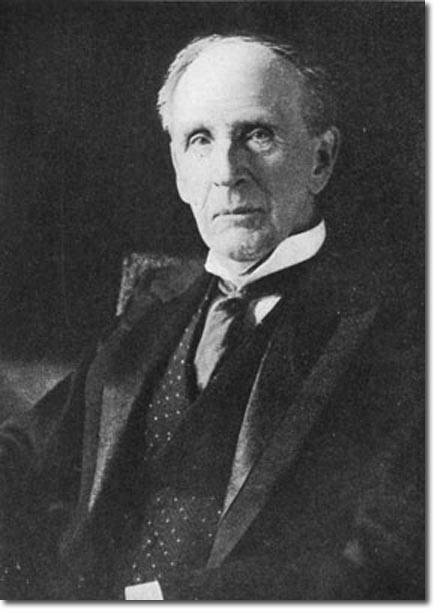Perhaps they should look a bit deeper (what am I saying?).
 |
| from http://lab-initio.com/sci_archaeology.html (I'll remove if copyright holder contacts me and asks me to but it was too good a cartoon to ignore) |
Since the average climate change denier doesn't want to dig, I thought I would. It didn't take long and it surely wasn't beyond the wit of Anthony Watts or Roy Spencer to have done some detective work but, no, the message is more important if it is shocking rather than true.
The strength of the denial of the word denier relies on the association. It falls, therefore, on the reason why Holocaust denier means someone who disavows the Holocaust in the same way that someone who is labelled a climate change denier is someone who disavows climate change. And if the word denier predates the Holocaust then the argument that the word denier is anathema is weakened further.
I think you know where this is going.
Point your browser here. Search denier.
Here is Baden Henry Baden-Powell in his evolution denying volume, Creation And Its Records:
The denier of creation replies, that just in the same way as, by the laws of affinity, other inanimate substances came together to produce the earth—salts and other compounds we see in the world around us—so did certain elements combine to form protoplasm. This combination when perfected has the property of being alive, just as water has the property of assuming a solid form or has any other of the qualities which we speak of as its properties.The "denier of creation" is using the word denier in exactly the same way as we use it now to describe someone who disavows something. B H Baden-Powell, half brother of the founder of the scout movement and probably a hero of Christopher Monckton (have you read The Heretics by Will Storr?), died in 1901. Whoops. That's at least 113 years of the word denier in the meaning it has now.
If you're not convinced, Project Gutenberg has the complete text.
There's more.
Among other vices ascribed to democracy, we are told that it is against science, and that "even in our day vaccination is in the utmost danger" (p. 98). The instance is for various reasons not a happy one. It is not even precisely stated. I have never understood that vaccination is in much danger. Compulsory vaccination is perhaps in danger. But compulsion, as a matter of fact, was strengthened as the franchise went lower. It is a comparative novelty in English legislation (1853), and as a piece of effectively enforced administration it is more novel still (1871). I admit, however, that it is not endured in the United States; and only two or three years ago it was rejected by an overwhelming majority on an appeal to the popular vote in the Swiss Confederation. Obligatory vaccination may therefore one day disappear from our statute book, if democracy has anything to do with it. But then the obligation to practise a medical rite may be inexpedient, in spite of the virtues of the rite itself. That is not all. Sir Henry Maine will admit that Mr. Herbert Spencer is not against science, and he expresses in the present volume his admiration for Mr. Spencer's work on Man and the State. Mr. Spencer is the resolute opponent of compulsory vaccination, and a resolute denier, moreover, of the pretension that the evidence for the advantages of vaccination takes such account of the ulterior effects in the system as to amount to a scientific demonstration. Therefore, if science demands compulsory vaccination, democracy in rejecting the demand, and even if it went further, is at least kept in countenance by some of those who are of the very household of science. The illustration is hardly impressive enough for the proposition that it supports.This is from Studies In Literature by John Morley, published in 1891 (this book is actually a collection of earlier pieces, this one from 1886). I quote the whole paragraph but pick out the offending word in bold because the whole paragraph illuminates what is now clearly a well established idea: deniers have history and the word has been used to describe them for more than a century. Monckton wouldn't like Morley: he was a Liberal.
 |
| Viscount Morley of Blackburn |
I think I've made my point. The word denier in the sense used for climate change deniers is a word with a lengthy history, more than a century, and from the hands of reliably Empire building British establishment men of the kind that Christopher Monkcton would approve. So forget the Holocaust in this matter at least (remember it and its human victims), the word denier is wholly appropriate and wholly acceptable. After all, it was used at least 128 years ago, and by a Viscount to boot.
No comments:
Post a Comment